
A Black-led coalition of nonprofit leaders called out elected officials Monday morning for failing to take “tangible” action to address systemic inequalities and racial injustice.
At a press conference in front of Memphis City Hall, the heads of local nonprofits reiterated the demands in an open letter that the coalition sent to elected officials earlier this month.
The letter urged officials to take steps to address police brutality, over-policing, poverty wages, education, and systemic racism.
[pdf-1]
“While a few have responded with language of good intentions, no one has hit the mark,” said Sarah Lockridge-Steckel, CEO of The Collective Blueprint. “Many haven’t responded to the demands at all.”
Lockridge-Steckel said the coalition is still awaiting a detailed response from the Memphis City Council, the Shelby County Commission, Shelby County Mayor Lee Harris, Memphis Police Department (MPD) Director Michael Rallings, Sheriff Floyd Bonner, and District Attorney Amy Weirich.
Lockridge-Steckel said the group’s demands fall into three key areas. The first relates to over-policing, police brutality, and police accountability.
“Policies are a small piece of this work, especially when we have Memphis police officers on camera violating their own policies,” Lockridge-Steckel said of officials’ recent commitment to following “8 Can’t Wait” policies.
Lockridge-Steckel also said that the promised investment in the Civilian Law Enforcement Review Board (CLERB) “likely amounts to less than $100,000,” noting that Nashville invests $1.5 million a year into its civilian review board.
“We appreciate the city adding CLERB subpoena powers to its legislative agenda for next year, but in the meantime we demand that Mayor Strickland and MPD director Michael Rallings provide access to the records requested by CLERB so that CLERB can serve its purpose,” Lockridge-Steckel said. “The public must have transparency.”
The group is also urging the city council and MPD to develop a process to share data on violations within the police department and the actions taken as a response.
“Most immediately, we demand the officers that use excessive force at recent protests are held accountable,” Lockridge-Steckel said. “Lastly, a great concern was the non-committal response by Director Rallings about dropping the charges of protesters. We renew our call that all charges be dropped against people who are exercising their First Amendment right to a peaceful protest.”
The second area of demands relate to economic justice and creating a city “where everyone can thrive,” Lockridge-Steckel said. “We can’t say we care about poverty, that 50 percent of our children live in poverty in our city today, and not be willing to address the wages and jobs our people have.”
The coalition is asking that the Greater Memphis Chamber track data on how much corporations are paying and “how they are treating their employees.”
Additionally, the group is urging the Chamber, along with the city and county, to issue a living wage pledge, asking corporations to pay living wages and ensure temporary employees have benefits and health insurance.
Finally, the group demands a reprioritization of the city’s and county’s budget: “We ask the city and county to renew its investments in education, from tech education to arts education.”
Additionally, the group is calling for an end to “predatory practices,” such as “exuberant court costs.”
“All we have heard is silence,” Lockridge-Steckel said. “We demand that we move toward participatory budgeting processes.”
Lockridge-Steckel notes that the city’s police budget “continues to grow.” MPD recently received a $9.8 million grant from the Department of Justice that Lockridge-Steckel said should go toward crisis intervention and community health solutions.
“We need solutions that speak to the needs of our communities,” she said.
Natalie McKinney, executive director of Whole Child Strategies, said it is the responsibility “as nonprofit leaders, to hold our city and county officials accountable for protecting and serving its people.”
“We must make them commit to acting in favor of equity, in favor of justice, and in favor of transparency to everyone they hope to represent,” she said “We want them to act responsibly, to rely on accurate and transparent data and proven practices, but to also move swiftly and deliberately toward a new agenda for Memphis.”
McKinney said the group will continue to apply pressure to elected officials to “drive this work forward.” The coalition will do that by creating task forces to address economic equity, criminal justice reform, and budget accountability.
“This is just the beginning,” McKinney said. “We ask for allies to stand with us in this movement. And as allies, we are asking you to recruit and to lift up an authentic voice of your Black and brown community members. Too often lawmakers and policymakers drive forward with ideas targeting these communities without ever hearing any real input from the people that would have the lived experience.”
Finally, McKinney asked that the public reach out to elected officials and urge a response to the coalition’s demands.
“We cannot let more lives be lost to violence, to poverty, and to systemic racism,” McKinney said. “It is our hope that in four years rather than lamenting the same challenges, we are celebrating the results of these changes.”
 Brandon Dill
Brandon Dill  Brandon Dill
Brandon Dill 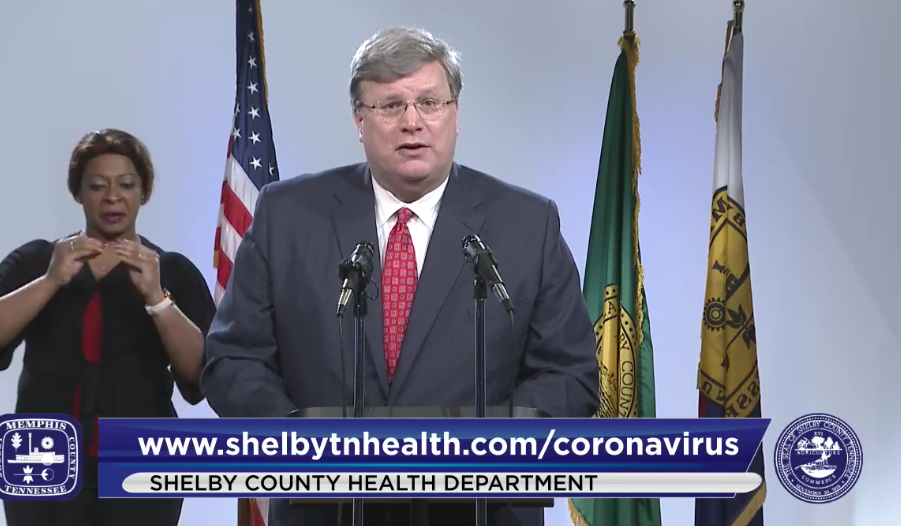
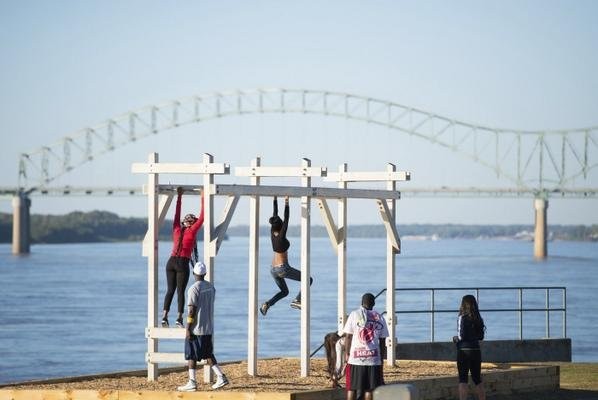

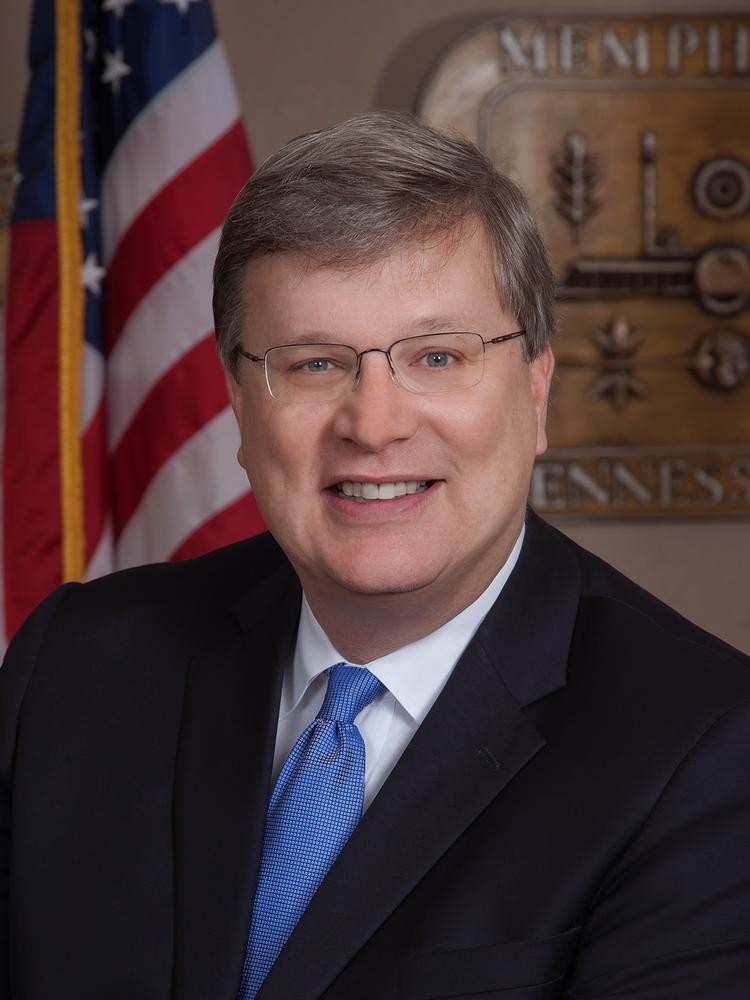 City of Memphis
City of Memphis 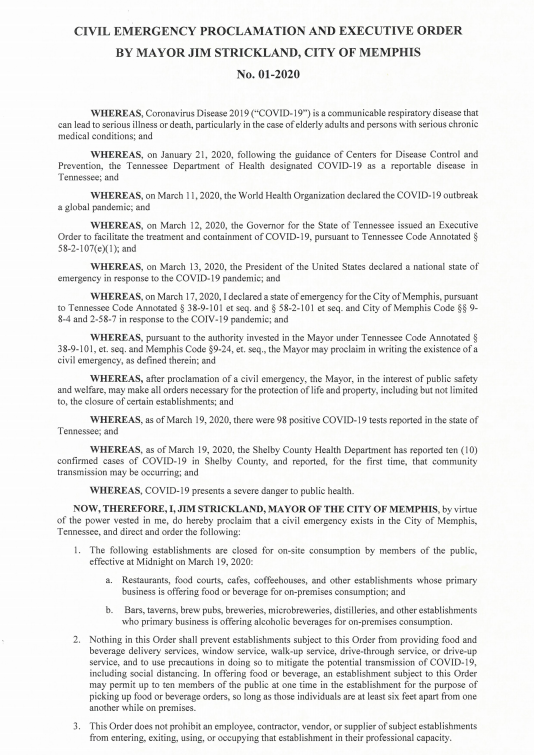
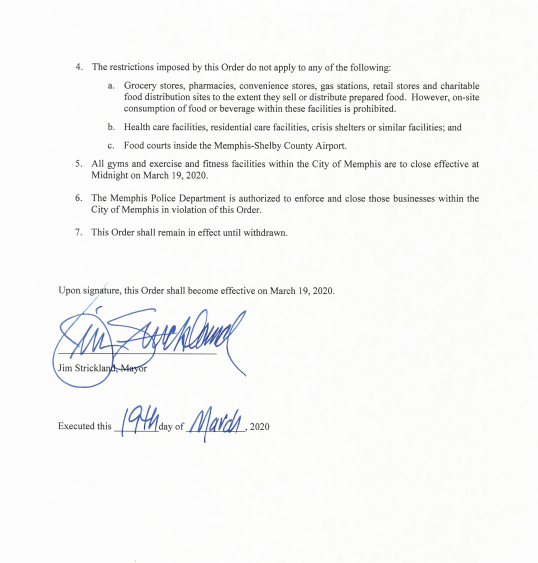
 Facebook/MPD
Facebook/MPD  Facebook/MPD
Facebook/MPD 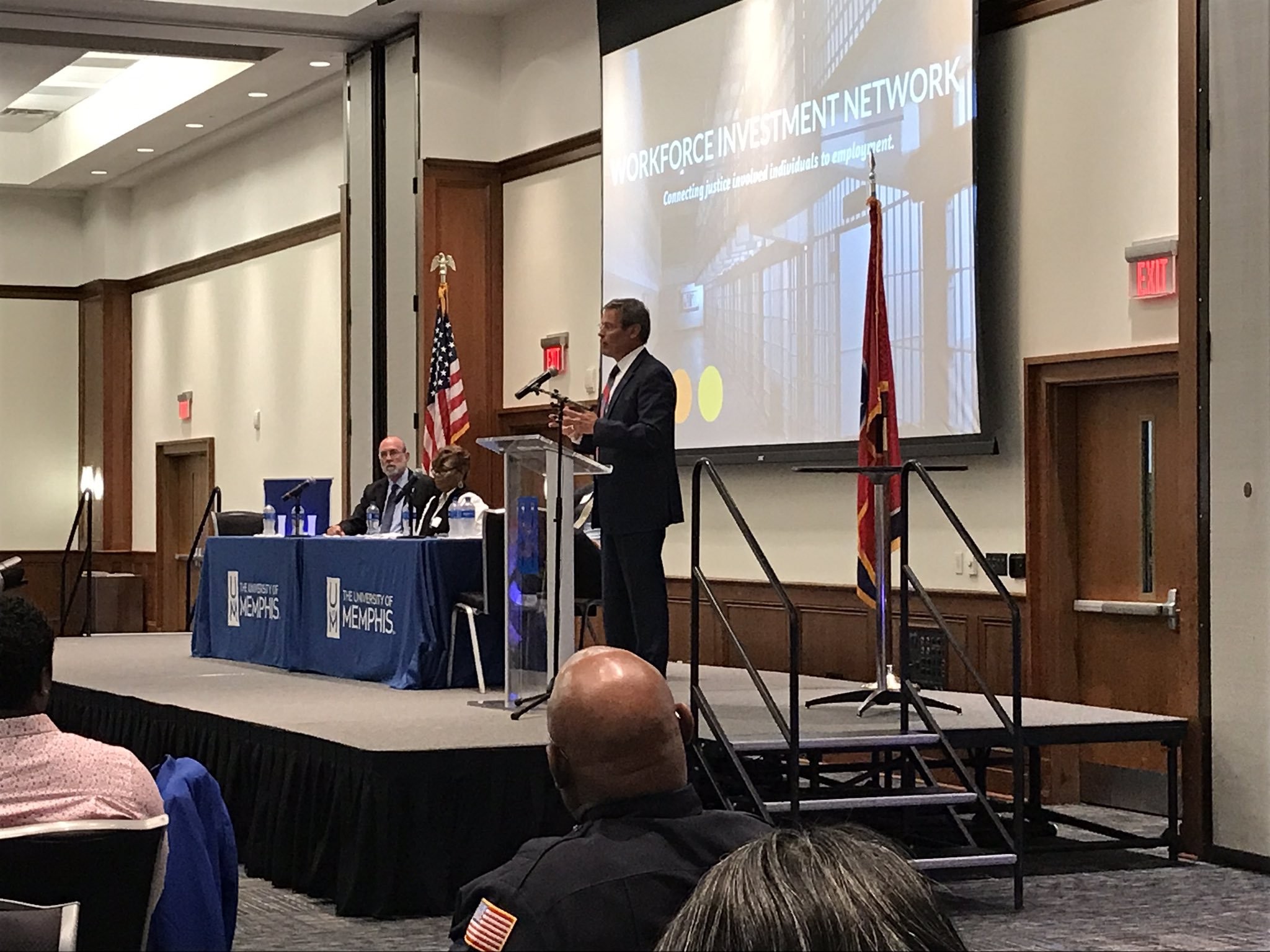
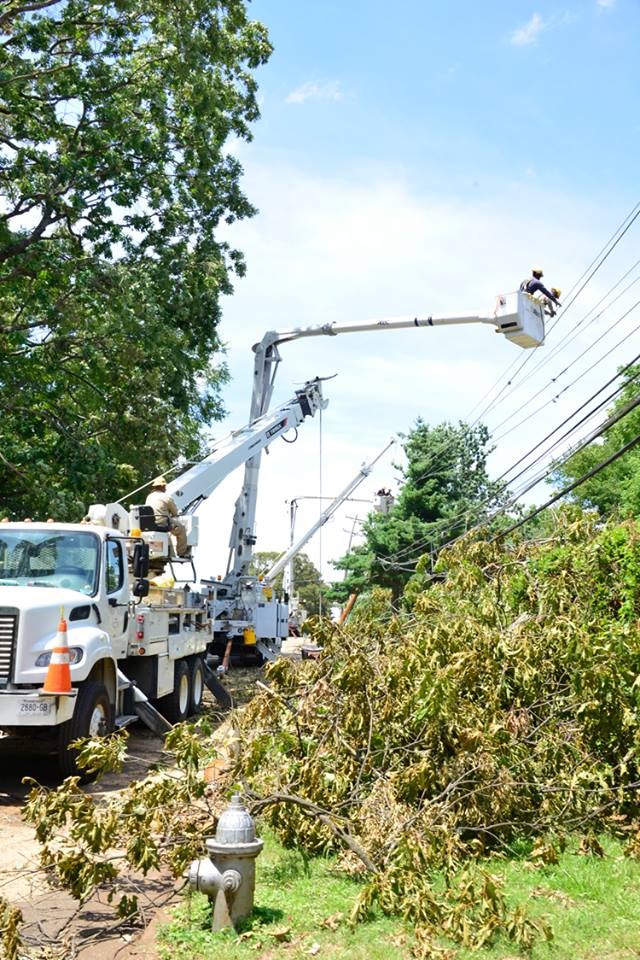 MLGW
MLGW